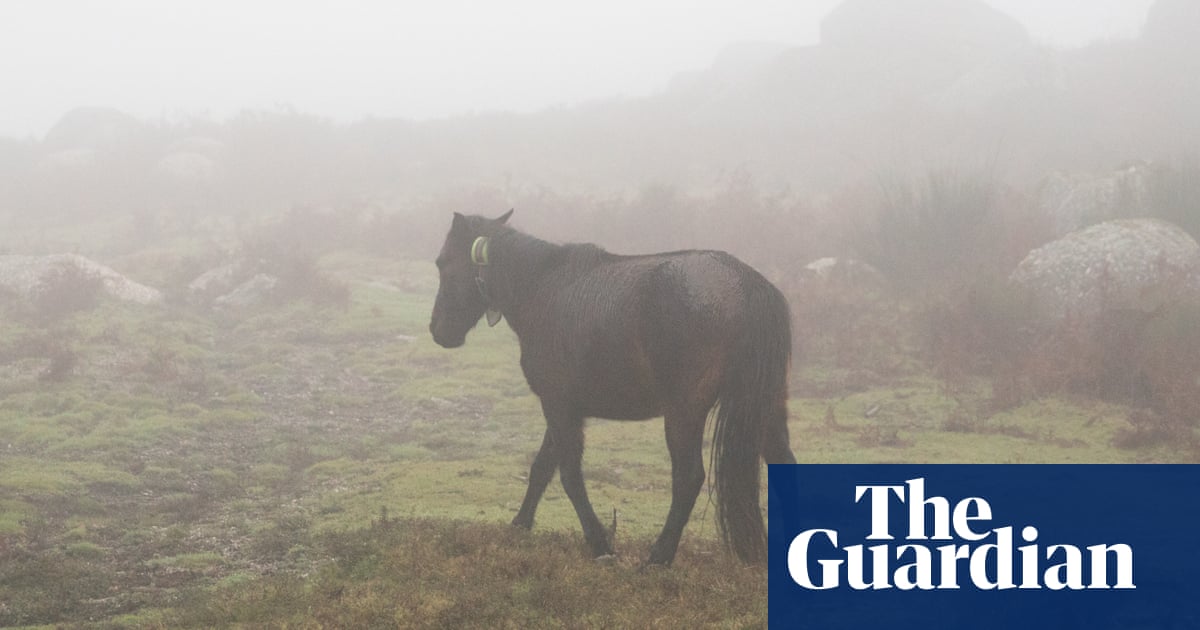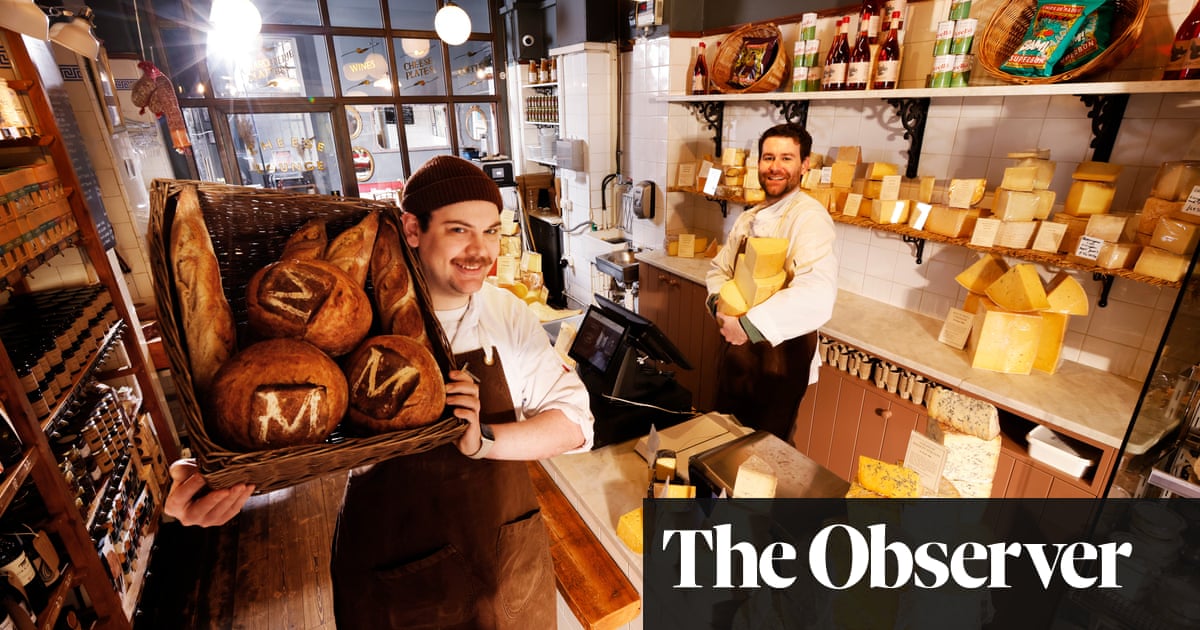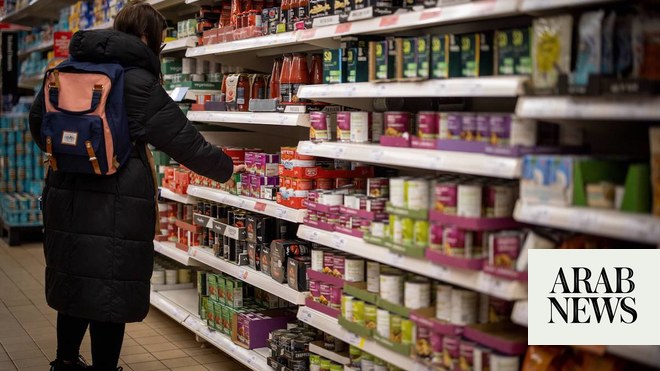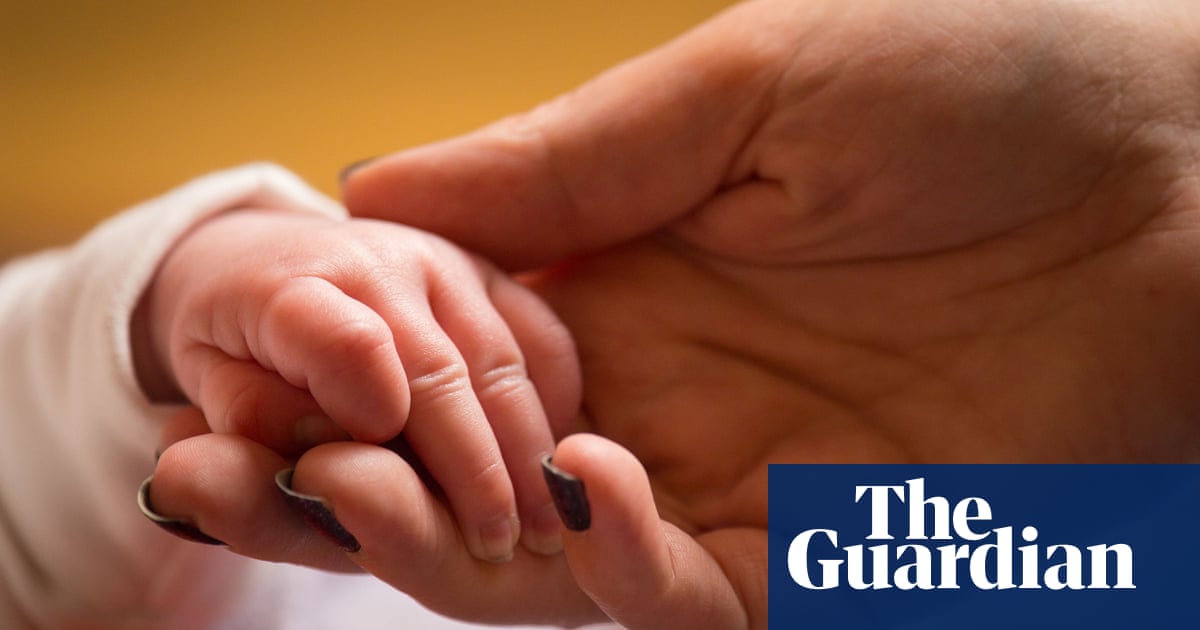
Food halls were springing up in town and city centres before the pandemic but now smaller community versions, with an extra dimension such as a cinema screen or co-working space, could be arriving on a high street near you.
There is potential for up to 120 of these community food halls across the UK, a new report has found, as big shifts in consumer spending and attitudes caused by the coronavirus pandemic – including a newfound appreciation of local community – prompt investors to consider piling in.
“These community hubs will give people pride in their town centres again,” said Thomas Rose, a co-founder of the real estate consultancy P-Three, of a new generation of food halls. “This move towards being a loyal supporter of your high street is not going to go away.
“We have spoken to a handful of private equity groups who are looking to invest in this type of concept because they see the consumer wants this,” Rose said. “Local authorities love the concept too.”
There are around 40 food halls in the UK, from flagship venues such as Seven Dials Market in central London to smaller ones in market towns.
Maba street food venue at the The Cutlery Works in Sheffield.
Maba street food venue at the The Cutlery Works in Sheffield. Photograph: Cutlery Works
While P-Three’s analysis also sees scope for a further 50 flagships to open in cities such as Glasgow, Birmingham and Bristol once the pandemic is over, the community model offers something for smaller catchments, hard hit by retail closures but where more money is now being spent.
A former Poundland store in Lewisham, south London, is now Catford Mews, where locals can eat or watch a film or comedy gig. Another example is Cutlery Works in Sheffield where a food hall now fills a former cutlery factory.
When Catford Mews opened in 2019, Preston Benson, the managing director of Really Local Group which is behind the venue, said locals’ jaws were “hitting the floor”.
“They were saying: ‘Oh my God I can’t believe there’s something like this where I live,’” said Benson. “Everyone deserves to have nice, convenient things where they live.”
Really Local Group’s other projects include turning the site of a former Blockbuster shop on Sidcup high street in south-east London into Storyhouse, a complex with a cafe, cinema and library. “This is gonna be an all-singing, all-dancing community hub,” said Benson.
Urban regeneration has historically been retail-led, but with high streets battered by a crisis that has led to household names such as Topshop and Debenhams collapsing and online sales rocketing, no one thinks more shopping is the answer any more.
“The danger in real estate is that people are too often just trying to fill space,” said Rose, who says community food halls could provide alternative anchors. “We advise people to put the right tenants in the right buildings, to make sure it is sustainable.
“There will definitely be some stores which can be converted [into food halls] but a 1970s department store isn’t always the best building.”
In Darlington, County Durham, which lost two landmark stores from its main shopping thoroughfare when Marks & Spencer and House of Fraser closed, the historic indoor market is being overhauled to create a food hall, bar, events stage and temperate garden.
Despite the shadow of Covid-19, Dan Warne, a former managing director of Deliveroo, whose first venue Shelter Hall in Brighton opened in the summer, has raised significant new capital as investors recognise “clear trends in the market”.
“We’ve seen a huge increase in people wanting to support local and ensure the businesses they love survive,” said Warne. “Our food halls give an opportunity for small food businesses to expand without the usual risk of finding a premises.”
With more people regularly working from home, community food halls with an average size of around 12,500 square feet are “modest but effective” redevelopments, with the potential to draw sustainable visitor numbers in urban neighbourhoods or towns of more than 50,000 people, P-Three’s report found.
“The regular footfall and spend will act as a catalyst for local regeneration as well as adding value to neighbouring properties making the proposition particularly attractive to both private and public sector landowners and investors,” said Rose.
Sheffield’s Cutlery Works demonstrates the strength of the community model, as it has been a success despite being located in a place that is neither central nor affluent. “If food halls are based on location, location, location, we picked the worst one,” jokes the founder Matt Bigland of the area once inhabited by the city’s cutlery-makers.
But Sheffield people “love to champion independents”, says Bigland and instead of office workers and shoppers, Cutlery Works has built a regular clientele that runs the gamut from millennial hot-deskers to grandparents.
He thinks that after the pandemic “food halls are going to come back stronger than ever. I think people have a pent-up energy to get back out and be sociable.”












